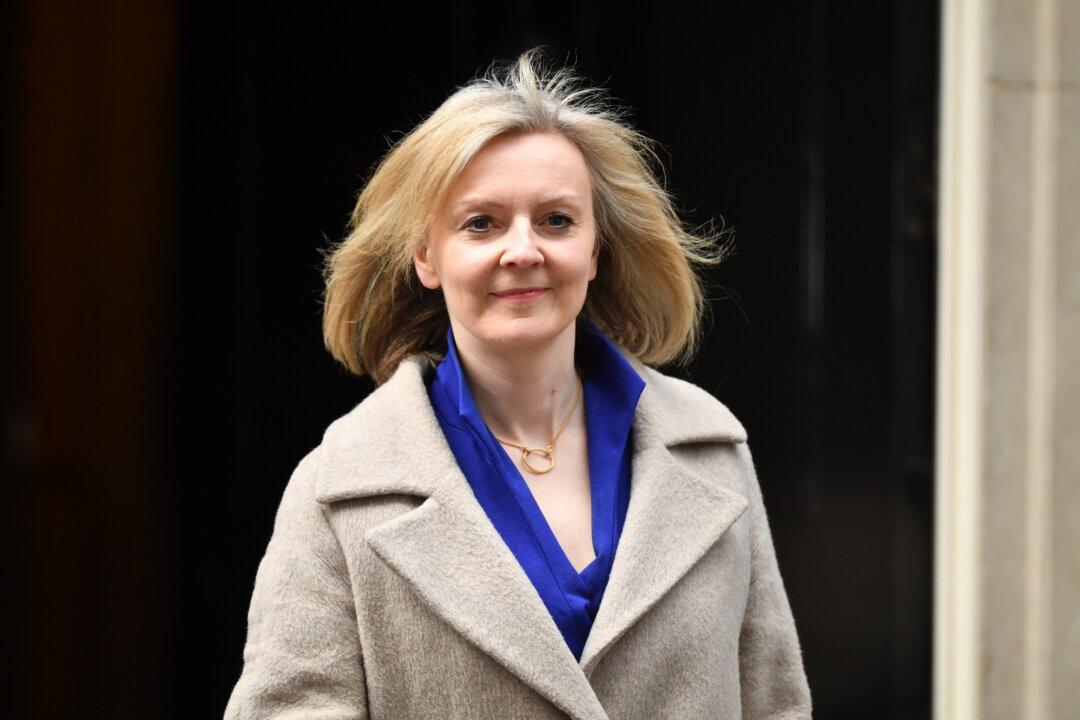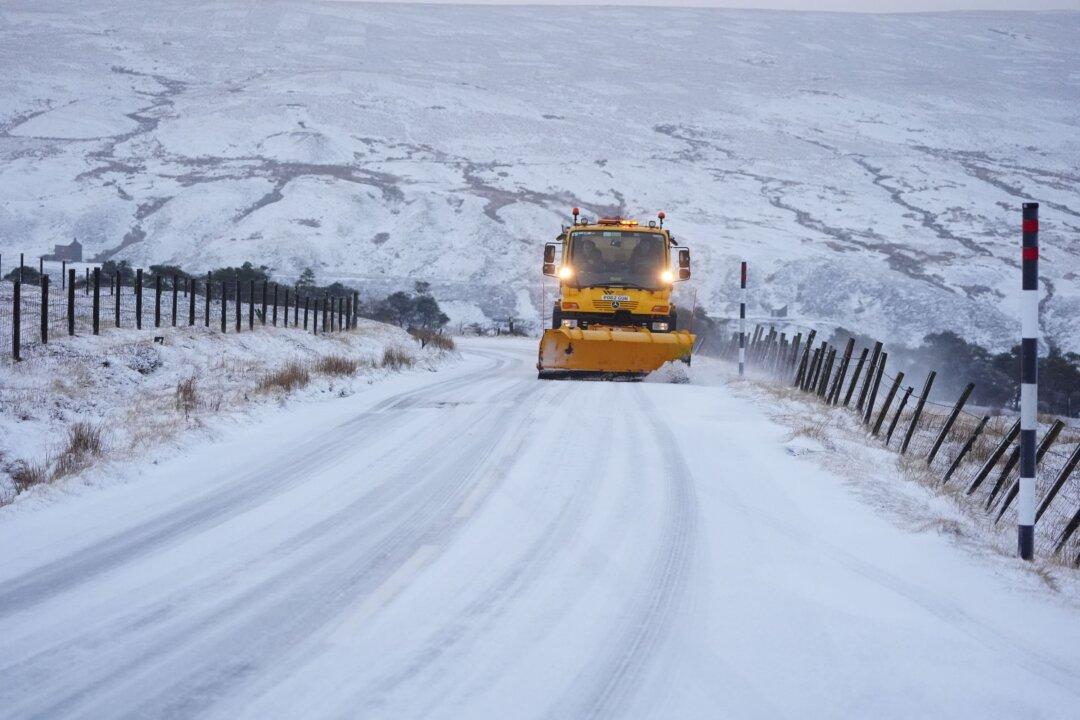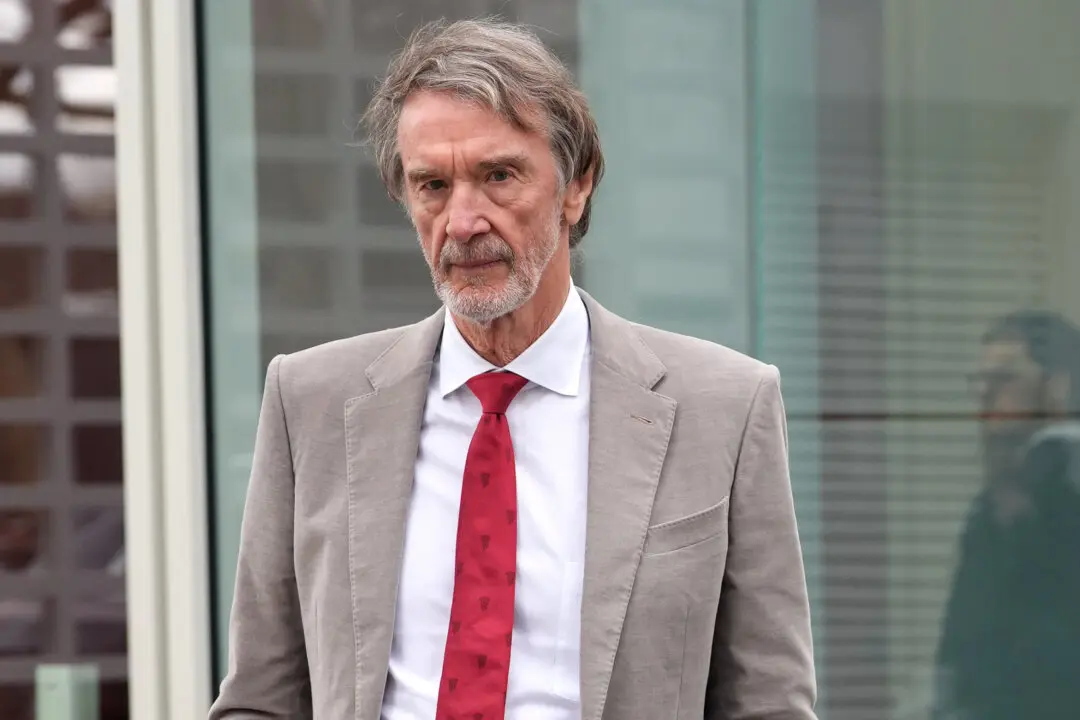The trade deal with Australia will act as a “stepping stone” to a wider trans-Pacific accord, Secretary of State for International Trade Liz Truss said as she rejected farmers’ concerns about the agreement.
Truss said the UK is looking at parts of the world where growth is expected in the future as she defended the deal, which is forecast to add just 0.01 percent to 0.02 percent to the size of the economy. She insisted there will be opportunities for British farmers to sell produce to the new markets and “we’ve got to stop being defensive.”




